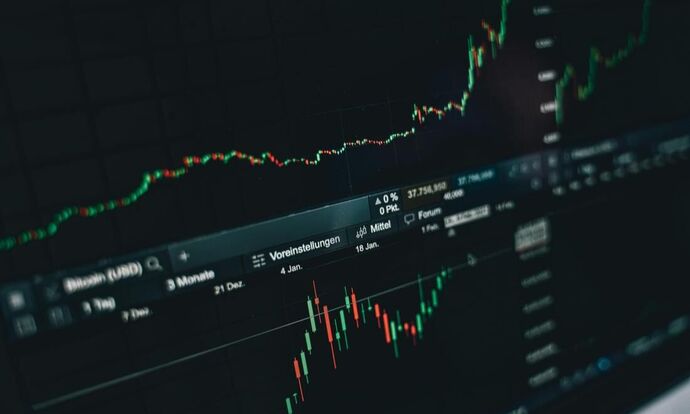|
In a week where AIB announces profits in excess of €2 billion and reports indicate Irish deposits have more than €150 billion held in cash, much of it in low yielding instant access accounts, we release the second article in our series on what options there are for Irish savers to protect the real value of their savings.
In 2022, global Central Banks began to increase interest rates to combat high inflation after an extended period of low or even negative interest rates. Low Central Bank interest rates meant that depositors and bond investors could earn little to no return from capital protected, low-risk investments.
In the last 12-18 months, interest rates in Europe have increased substantially. The current European Central Bank deposit rate is 4.00%, which is the rate banks can use for overnight deposits in the Euro system. Unfortunately, this increase has not been passed on to customers of the main Irish deposit providers including AIB, Bank of Ireland, PTSB and State Savings (An Post). With inflation in Ireland standing at 4.6% in December 2023, this is a significant issue for people with savings in bank deposits. At the start of each year, most of the main private banks and investment managers issue glossy reports with countless pages and graphs outlining their expectations for investment markets for the coming year. These expectations can vary widely depending on the analysts view of the world. Some of these predications can go spectacularly wrong. If you have spent three years or more living and working in the UK then you may qualify for an entitlement to the UK State Pension. The UK State Pension may be received even if you are living in Ireland and can be paid in addition to the Irish State Pension if certain conditions are met.
Why should you engage a financial adviser, and what value can you expect them to add to your finances every year? Following a legacy of over 193 years, Standard Life has been sold to Phoenix Life. We assess the impact this change may have for existing clients of Standard Life and give our view on what they should do. After a sustained period of relative calm in the markets in 2017, in recent weeks there has been an increase in volatility which has resulted in renewed anxiety for some investors. |







